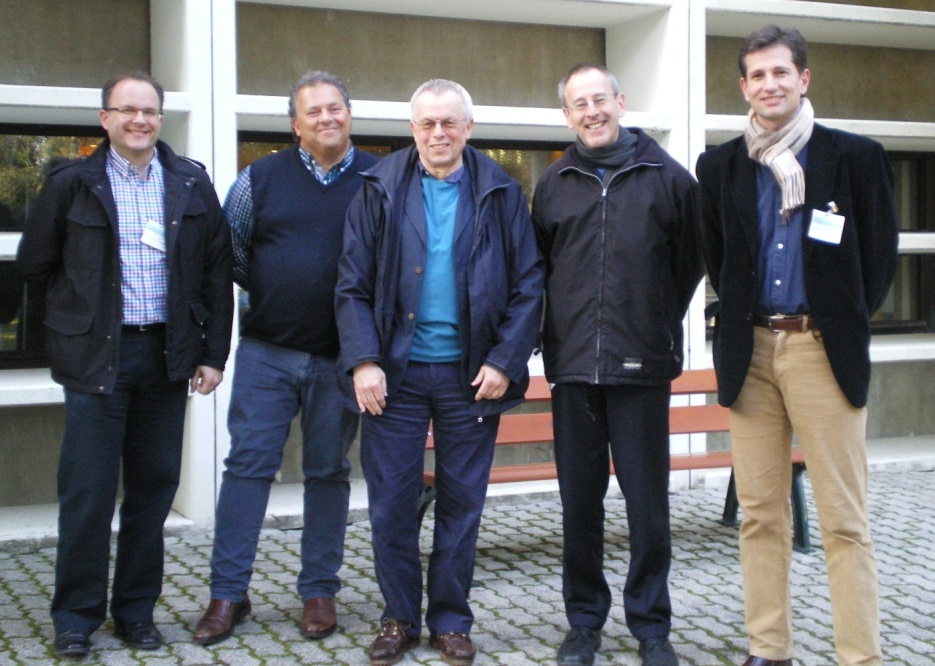Specialist Task Force 488:
Recommendations to allow people with cognitive disabilities to exploit the potential of mobile technologies
Who we are:

| Team leader: |
|
| Team Members: |
- Martin Böcker, BMWi
- Nikolaos Floratos, ANEC
- Loïc Martinez-Normand, Universidad Politecnica de Madrid
- Bruno Von Niman, Vonniman Consulting SG
- Gill Whitney, Middlesex University
|
What we do
The STF will classify and analyse the ICT needs of persons with limited cognitive, language and learning abilities.
This includes persons with cognitive impairments and some older people. The result will be a Technical
Report (TR) that will describe the functional needs of persons
with limited cognitive, language and learning abilities for an improved user experience when using
mobile ICT devices and their related applications.
Based upon these functional needs, the STF will also provide an ETSI Guide (EG) with design guidelines for
mobile devices and applications. These design guidelines will enable people with cognitive impairments
to obtain the maximum benefit from the use of mobile technology. The guidelines will apply to the
design of:
- mobile ICT devices;
- mobile applications (whether they are standalone or whether they provide access to related
services).
For more details, see our Terms of Reference
Why we do it
A lot of work has already been done to guide developers of ICT on how to make their products accessible to a wider range of users with various disabilities. But there is an acknowledged lack of suitable guidance that supports the needs of persons with limited cognitive, language and learning abilities.
The work of the STF seeks to address this lack of guidance. It aims to provide the guidance necessary to make their mobile products usable by people who currently are not able to fully exploit the benefits that these technologies bring.
This work will provide two clear benefits:
- it will provide guidance about how the lives of persons with limited cognitive, language and learning abilities can be improved by enabling them to make effective use of mobile technologies;
- it will allow those providers of mobile technologies who follow the guidelines to attract many potential users of their products who were previously unable, or barely able, to use mobile technologies.
How we do it
The STF will establish a Reference Group to allow invited experts to collaborate with the STF. These experts will be from related areas (such as relevant research projects), consumer associations, user and disability organizations and older people associations, industry representatives and experts from other standardisation bodies. The Reference Group will be invited to comment on draft documents throughout the lifetime of the project.
At least one consultation workshops will be organised by the STF. The workshop will enable the gathering of information from those who are working in related areas. The workshop will also be used to invite comments about the output of the STF.
Deliverables
The STF will produce two documents:
Time plan
The timescale for the work is as follows:
| Result |
Dates |
| First draft of the TR and EG (including Table of Contents and Scope) |
30/06/15 |
| Intermediate drafts of the TR and EG |
31/10/15
29/02/16 |
| Stable drafts of TR and EG for TC HF review (prior to Remote Consensus) |
30/06/16 |
| Draft EG approved by TC HF by RC and accepted by the ETSI Secretariat for Member Vote |
31/07/16 |
| Draft TR approved by TC HF#72 and accepted by the ETSI Secretariat for publication |
31/10/16 |
For further details, or if you wish to be involved in the work of the STF, please contact the STF
Leader: Mike Pluke at Mike.Pluke@castle-
consult.com